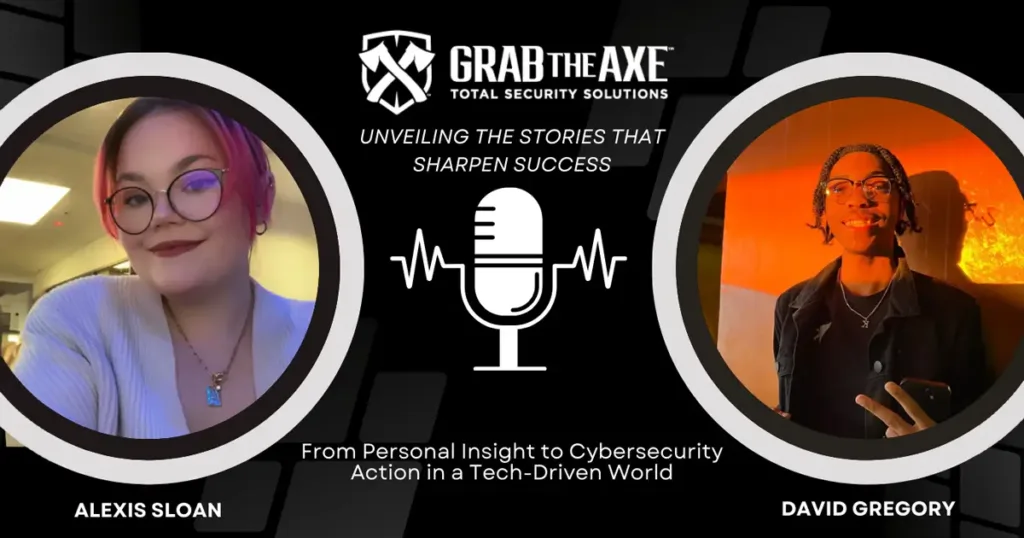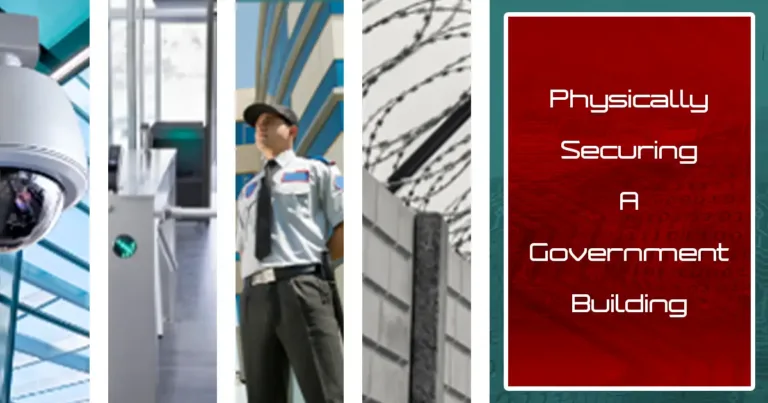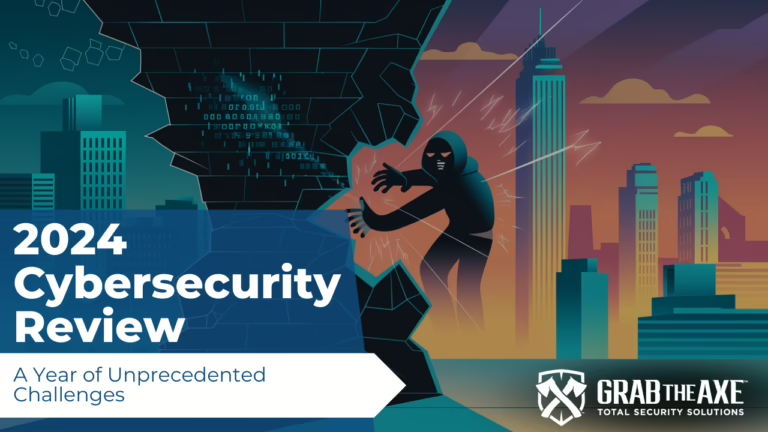We are pleased to present to you David Gregory, a motivated computer science student with a strong interest in cybersecurity. David discusses his experiences with technology, his thoughts on the field, and his efforts to make the internet a safer place in this blog post.
“Hello, I’m David Gregory, and I’m a computer science student right now. Do you know why I selected this major? It’s rather simple—I find the breadth of information it provides regarding cybersecurity to be fascinating. It’s more important than ever to learn the ins and outs of cybersecurity as we traverse an increasingly digital environment.” – David Gregory
David, who is now engrossed in programming lessons, understands the importance of this ability in reaching his academic objectives. Not only is programming a prerequisite for his degree, but it’s also an essential skill that will help him defend digital areas from harm.
David is an advocate for cybersecurity in addition to being a computer whiz. He pauses to provide insightful counsel to individuals who are not as acquainted with the nuances of the digital world. He said as much: “I’ll let someone who isn’t into cybersecurity know that they can’t rely on every email or call they get.”
David goes beyond the virtual world with his recommendations, out of concern for internet security. He issues a warning to readers to exercise caution when making purchases, saying “Be careful where you spend your card.” In an era of online transactions and digital payments, this advice rings especially true.
For David, the physical world is just as important to cybersecurity as the virtual one. He offers a useful piece of advice to professionals and other students alike: “I would do my work somewhere secluded, so no one looks over my shoulder while I do my work.” His technique gains additional security from this focus on privacy.
To sum up, David Gregory is proof of the constantly changing cybersecurity scene. He is a respected figure in the field of computer science because of his passion to learning about the complexities of the digital world and his willingness to impart this information to others. People like David are essential in creating a safer and more secure digital future as we traverse the rapidly evolving technology terrain.
Interview Conducted by UAT Student Alexis Sloan, Connect and Learn more LinkedIn STEM for Kiddos https://stemforkiddos.godaddysites.com/ Instagram @stem_for_kiddos
To Learn More:
IoT Security Solutions: Navigating Challenges for a Safer Tomorrow
For more information on UAT:
University of Advancing Technology in Tempe, Arizona
Cybersecurity Program
UAT’s cybersecurity degrees are recognized for their excellence, with programs including undergraduate studies in Network Security, Network Engineering, and Technology Forensics, as well as a graduate program in Cyber Security. These programs are designed to propel graduates to the forefront of the industry, equipping them with the skills needed to become ethical hackers and cybersecurity professionals. The undergraduate Network Security degree emphasizes proactive techniques to protect information systems against potential exploitation, covering areas such as penetration testing and the development of exploits for identified vulnerabilities.
- Cyber Security (MS): Cyber Security Degrees at University of Advancing Technology
- Network Security (BS): Network Security Degree at University of Advancing Technology
- Technology Forensics (BS)
- Network Engineering (BS)
Business & Innovation Programs
UAT offers advanced degrees focusing on the intersection of technology and business, aiming to foster innovation and leadership skills. These include Business Technology, Technology Innovation, Technology Leadership, and Technology Studies, each designed to prepare students for leadership roles in technology-driven environments.
- Business Technology (BS)
- Technology Innovation (MS)
- Technology Leadership (MS)
- Technology Studies (BS)
Creation & Simulation Programs
For those interested in the creative aspects of technology, UAT offers degrees in Digital Maker and Fabrication, Human Computer Interaction, Robotics and Embedded Systems, and Virtual Reality. These programs are geared towards students looking to innovate in digital creation and simulation.
- Digital Maker and Fabrication (BS)
- Human Computer Interaction (BS)
- Robotics and Embedded Systems (BS)
- Virtual Reality (BS)






This Post Has One Comment
Pingback: Mastering Security Marketing: Insights from UAT’s Stace Dixon
Comments are closed.